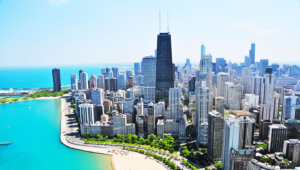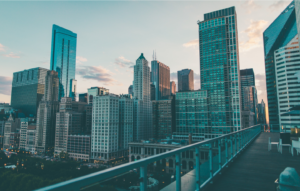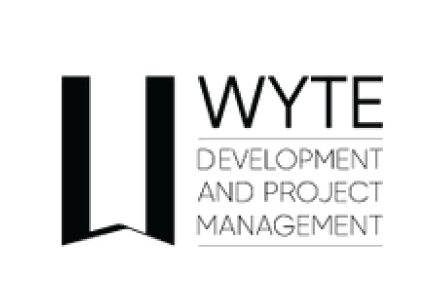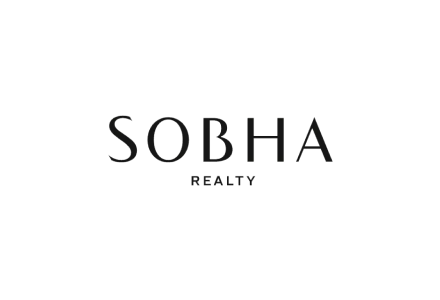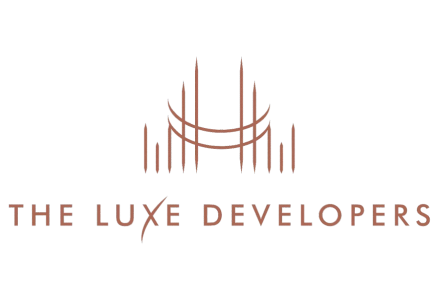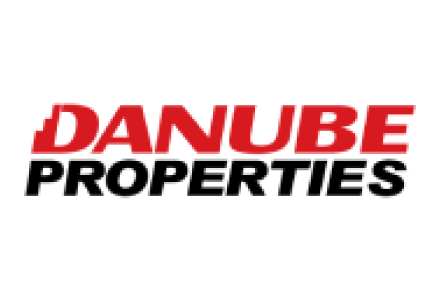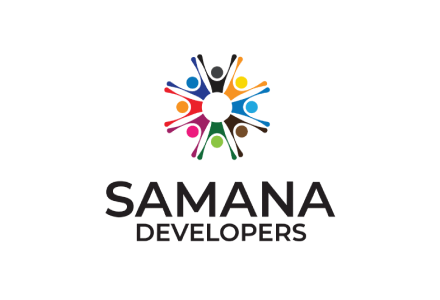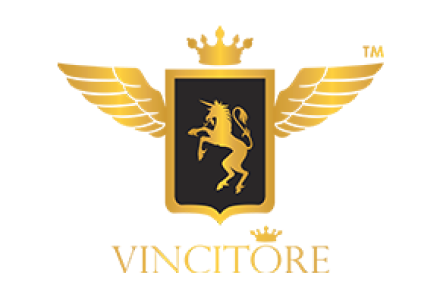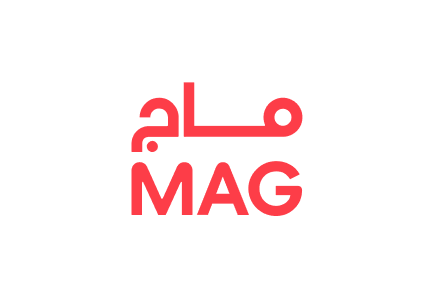Introduction
Dubai, the jewel of the United Arab Emirates, has consistently captured the world’s attention with its breathtaking skyline, iconic structures, and ambitious development projects. The city’s construction market is a bustling arena where innovation and opulence meet, creating a landscape that is not only a testament to engineering marvels but also a reflection of Dubai’s unwavering commitment to growth and progress. In this blog, we delve into the construction market insights of Dubai, exploring its trends, challenges, and the factors that continue to shape its remarkable transformation.
A Skyline Defined by Ambition
Dubai’s rapid transformation from a modest trading port to a global metropolis is synonymous with its towering skyscrapers and awe-inspiring architecture. The city’s skyline is a testament to its relentless ambition, attracting tourists, investors, and professionals from around the world. Iconic structures like the Burj Khalifa, the world’s tallest building, and the Palm Jumeirah, an artificial archipelago, have not only reshaped the city but also set new benchmarks for urban development globally.
Trends Shaping Dubai’s Construction Market
- Sustainability and Green Initiatives: As global concerns about climate change grow, Dubai’s construction market has been quick to adapt. The city has taken significant steps towards sustainability, with projects like the Dubai Sustainable City incorporating renewable energy sources, green building materials, and efficient waste management systems.
- Smart Cities and Technology Integration: Dubai’s aspiration to become a smart city has led to the integration of cutting-edge technologies in its construction projects. From smart grids to IoT-enabled infrastructure, technology plays a pivotal role in enhancing efficiency, safety, and overall quality in the construction sector.
- Diversification of Real Estate: The Dubai construction market has evolved beyond commercial and residential projects. The city’s commitment to becoming a global business and tourism hub has led to the development of specialized infrastructure such as exhibition centers, theme parks, and hospitality establishments.
- Prefabrication and Modular Construction: To meet the ever-growing demand for faster project delivery and cost efficiency, the adoption of prefabrication and modular construction methods has gained momentum. These techniques not only reduce construction timelines but also minimize waste and disruption to the urban landscape.
Challenges to Overcome
While Dubai’s construction market is flourishing, it is not without its challenges:
- Economic Volatility: Dubai’s construction industry is closely tied to the global economy. Economic fluctuations can impact investor confidence and project financing, potentially leading to delays or cancellations.
- Skilled Labor Shortage: The demand for skilled labor often outpaces supply, leading to workforce shortages. The need for specialized expertise in cutting-edge technologies also poses a challenge.
- Regulatory Landscape: Dubai’s construction sector is governed by a complex regulatory framework. Navigating through permits, approvals, and compliance can sometimes be time-consuming and cumbersome.
- Sustainability Implementation: While sustainability is a priority, there can be barriers to its full implementation, such as higher initial costs and a lack of awareness about the long-term benefits.
The Road Ahead: Opportunities and Prospects
Despite challenges, Dubai’s construction market continues to offer numerous opportunities:
- Expo 2020 Dubai: The highly anticipated Expo 2020 is set to showcase Dubai’s innovation and culture on a global stage. The event is expected to boost tourism and investment, creating a ripple effect in the construction sector.
- Infrastructure Development: As Dubai solidifies its position as a global hub, the need for advanced transportation systems, including high-speed rail and expanded airports, presents significant construction prospects.
- Renewable Energy Initiatives: Dubai’s commitment to sustainable energy sources opens doors for solar and wind energy projects, creating a niche for green construction practices.
Conclusion
Dubai’s construction market is an ever-evolving landscape that beautifully marries architectural grandeur with forward-thinking development strategies. The city’s ability to adapt to global trends, implement innovative technologies, and embrace sustainable practices ensures that its skyline will continue to dazzle and inspire for years to come. As Dubai embarks on a journey towards Expo 2020 and beyond, it’s clear that the construction market will play a pivotal role in shaping its destiny, one skyscraper at a time.

